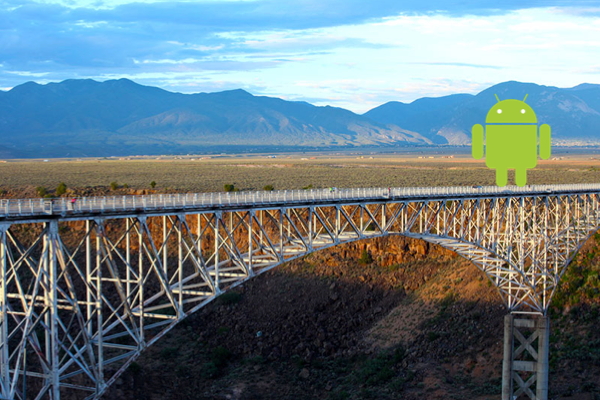Instructor: Professor Joseph Camp
 Email: "camp" AT "smu.edu"
Email: "camp" AT "smu.edu"Office hours: Immediately following lecture or by appointment.
Webpage: http://s2.smu.edu/~camp/courses/ee7378_taos/index.html
Instructor:
Professor Joseph Camp
 Email: "camp" AT "smu.edu"
Email: "camp" AT "smu.edu"
Office hours: Immediately following lecture or by appointment.
Time/Place: TBD (2 hours/day for 20 days - June Term)
Teaching Assistant:
Eric Johnson
Email: "emjohnson" AT "mail.smu.edu"
Course Description: In this course, students learn how to develop embedded software for the most widely used smartphone platforms with an emphasis on wireless and sensing applications. Topics include user interface design such as multi-touch and basic HCI design tenets, storing and fetching data with local and networked systems and databases, localization via GPS and wireless signal triangulation, sensing environmental and user characteristics, networking with various wireless protocols, graphics rendering, multimedia streaming, and designing for performance such as controlling memory leaks, object allocation, and multi-threading. Content from the course draws from various fields including wireless communications and networking, embedded programming, and computer architecture.
Taos-specific Aspects to Course: The vast difference in the rural, mountainous Taos area from the urban, flat Dallas/Fort Worth Metroplex has interesting engineering implications on wireless and structural infrastructures. This course will use mobile phones as instruments for in-field experimentation and characterization of spectral activity, wireless propagation, and structural health of unique infrastructure present in the Taos region. Students will have multiple field trips for intense experiential learning and will leverage crowdsourcing techniques for scaling their acquired measurement base. To achieve these goals, students will do a deep dive into Android programming related to sensing and networking.
Background: CSE 2341 or an equivalent data structures course.
Grading:
You may discuss lab assignments with classmates but all solutions must be original and individually prepared. Late lab work will be penalized at 15% of its full credit per day up to a maximum of 4 days, after which no late work will be accepted.
The exam is in-class and must be completed independently. The SMU Honor Code will be strictly enforced.
 Required Textbooks:
Required Textbooks:
Android Programming for Beginners
by John Horton, December 31, 2015.
Android Sensor Programming By Example
by Varun Nagpal, May 1, 2016.
Topics - All with respect to mobile phones:
Religious Observance:
Religiously observant students wishing to be absent on holidays that require missing class should notify their professors in writing at the beginning of the semester, and should discuss with them, in advance, acceptable ways of making up any work missed because of the absence. (See University Policy No. 1.9.)
Excused Absences for University Extracurricular Activities:
Students participating in an officially sanctioned, scheduled University extracurricular activity should be given the opportunity to make up class assignments or other graded assignments missed as a result of their participation. It is the responsibility of the student to make arrangements with the instructor prior to any missed scheduled examination or other missed assignment for making up the work. (University Undergraduate Catalog)
Student Learning Outcomes (ABET/SACS):
(A/I): Ability to apply knowledge of mathematics, science, and engineering
(E/II): Ability to identify, formulate, and solve engineering problems
(G/III): Ability to communicate effectively
(K/IV): An ability to use the techniques, skills, and modern engineering tools necessary for engineering practice